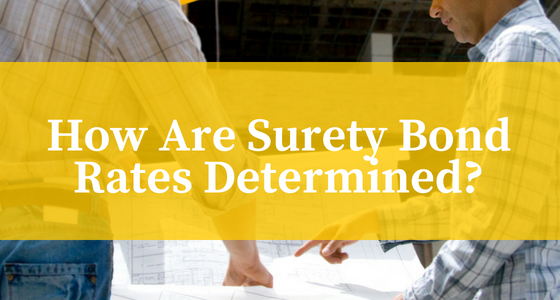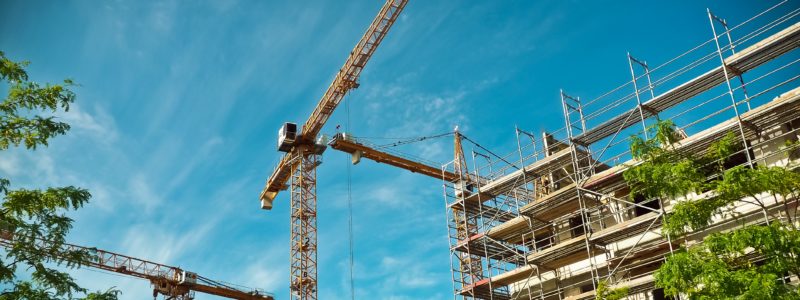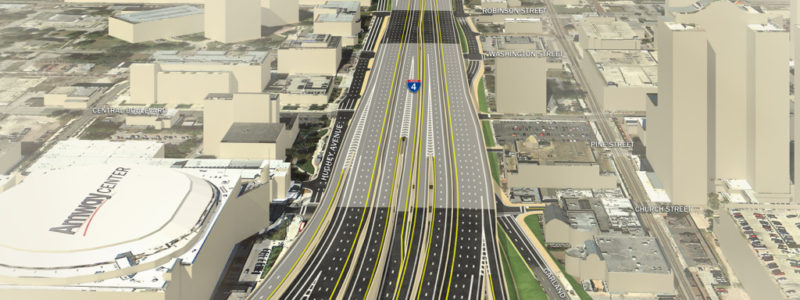
Tag: Surety bond


What’s in store for some major markets in the rest of 2017
If you haven’t heard, there is a homebuilding boom on in Texas. Not just a little uptick, but a full-blown BOOM. Of the top five 2017 homebuilding markets — according to recent Trulia research based on building permit data —- three are in Texas. Dallas (#1), Houston (#2) and Austin (#5 behind New York and Atlanta) have enjoyed steady increases in job growth and very healthy post-recession housing appreciation, with housing starts trending well above historic averages. Among those three top Texas metro areas, 130,000 new home starts were on track for 2017. That number equals more than 10 percent of all U.S. homebuilding permits, and the combined starts of nearly 50 other big U.S. metro areas.

Are you a DBE contractor specializing in transportation? Would you like to be involved in Florida’s $2.3 billion I-4 Ultimate Construction Project?
As the leading surety bond agency in South Florida, you can rest assured we will guide you through the processes necessary to bid any public job beginning with the I-4 Ultimate Construction Project.
Alter Surety Group, Inc., in partnership with U.S. Department of Transportation Office of Small Business, is a stakeholder in the Bonding Education Program (BEP) whose goal it is to ensure that small businesses across Florida are prepared with a surety bond with a surety bond line already established, giving everyone an equal opportunity to participate/bid on DOT funded contracts. The Florida I-4 Ultimate Construction Project will be completed by hundreds of small businesses one of which could be yours.
As Central Florida’s most well traveled interstate connecting the east and west coast and funneling millions of tourists to one of the world’s most popular travel destinations, the reconstruction of I-4 will bring hundreds of jobs, economic growth and sustainability to the region. Traffic will most likely be rerouted along the corridor causing the usual construction tie-ups, however once completed I-4, is proposed to improve transportation throughout the state and reshape the region.
Targeted contractors for this project include small transportation-related companies across the state of Florida predominately in the Orlando area that are eligible to qualify for or have an existing bond line of credit. Our job, as one of only two agencies in Florida participating in this program, is to answer questions, make introductions to the AM Best Surety markets and explain surety expectations. The BEP program, which is targeted at small/emerging businesses, will offer assistance as you compete for the various jobs available.
As small and emerging contractors bidding on jobs that may be out of your typical work scope, we at Alter Surety Group, recognize the challenges associated with becoming bondable or increasing your capacity, which emphasizes the importance of your participation in this federally backed BEP program. Being strategic when going through the bonding process is the key to long term success ultimately putting yourself in the best position to win the public jobs you bid.
For more information send us a message or call 305-517-3803.
